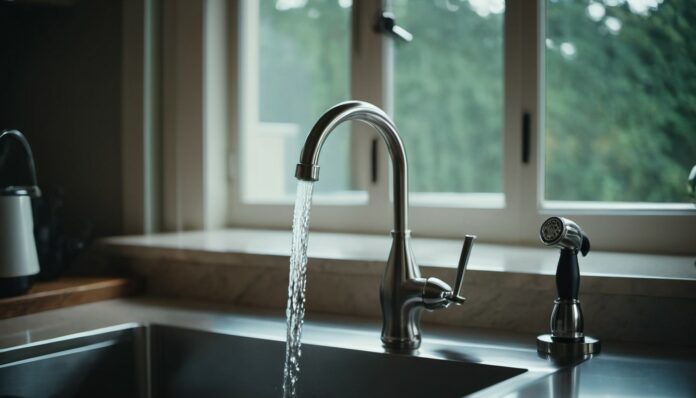Water is considered a fundamental substance for the existence of life on Earth. All living organisms consist of a certain amount of it and must regularly replenish their supply. For humans, the average amount is 1000 liters of water per year.
This figure may seem small, and it seems we will always have the necessary amount of this vital liquid. After all, the planet is 70% covered in water, and if it were evenly distributed over the entire surface of the Earth, the thickness of the layer would reach 3.7 km. But keep in mind that 97% of this volume is salt water.
Moreover, even of the remaining 3%, only 1% is suitable for drinking. And the state of this 1% is constantly deteriorating due to technological and anthropogenic factors. Water is becoming polluted and is a scarcity for entire regions, and even from the tap, we do not always get suitable, safe water. Therefore, it is better to drink specially prepared bottled water.
To conserve the supply not only for ourselves but also for future generations, we should think about the rational use of water. To understand how to do this, let’s look at some interesting facts about H2O:
1. A cup of coffee equals 200 liters of water.
This does not mean literally. It means that while growing the beans for your one cup of Americano, the tree consumes 200 liters of water. Another example is wheat; to grow grains for two slices of bread, 100 liters of water are needed. And to grow 1 kg of rice, it takes a whole 4000 liters of water.
2. Water has its international day.
The UN General Assembly decided to remind humanity about the importance of conserving water resources by establishing an international holiday. It is celebrated annually on March 22.
3. Finnish water is the cleanest.
Finland is considered the country with the cleanest water in the world, as officially concluded by UNESCO. But even there, people prefer to consume prepared water. The study included water from 122 countries.
4. Boiling water freezes faster.
Logically, cooled water should turn into ice faster than warm water because it doesn’t need to cool down. But in reality, the opposite happens, and even scientists do not yet know the exact reason for this phenomenon. If you leave two cups in the cold – one with cold water and one with boiling water – the hot liquid will freeze faster.
5. A billion people lack access to clean drinking water.
Every 7th person on the planet cannot drink clean, safe water due to a lack of access. And 400 million people live without regular access to drinking water. The problem is so global that wars have even been fought over access to water resources. In the last half-century alone, there have been 21 armed conflicts over this issue. In total, there have been more than 500 cases of people not sharing the resource in the same period.
6. Purified water does not freeze at 0°C.
If water has absolutely no impurities, it can remain in a liquid state down to a temperature of -42°C. This happens because ice forms around particles in the water. In addition to the three aggregate states we are familiar with, water can also take other forms. There are 14 aggregate states of water in its frozen state.
7. Water helps with weight loss.
If you give up drinks and juices and only drink water, the caloric content of your diet decreases, allowing you to lose weight. After drinking pure water, the appetite is not as strong as after sweet drinks, tea, or coffee. As a result, a person starts eating healthier and sticking to a diet.
8. A significant part of drinking water is inaccessible to humans.
A considerable portion of drinking water is frozen in glaciers, making it currently inaccessible for consumption. Glaciers contain 2% of the planet’s water resources.
9. Water spreads diseases.
Insufficiently purified water causes 85% of diseases. To avoid this sad statistic, one should drink well-prepared water. Drinking six glasses of pure water throughout the day reduces the risk of other diseases, such as those related to the cardiovascular system.
Analyzing these facts about water, we can conclude that we do not have as much of it as it seems. Irresponsible use of this resource can quickly lead to a global catastrophe.
Remember that improperly prepared water can harm the body. Therefore, use only quality products for drinking and consumption. If you do not have the opportunity to get it directly from a well, it is better to choose bottled water than risk drinking it from the tap. If you believe filtering tap water is the best solution, note that the water not only filters out harmful impurities but also loses minerals, reducing its beneficial properties.
